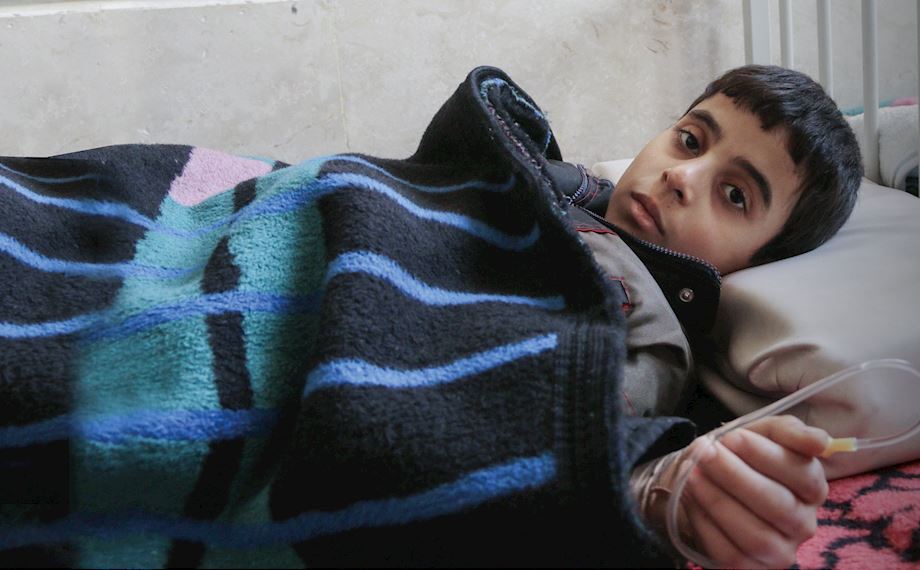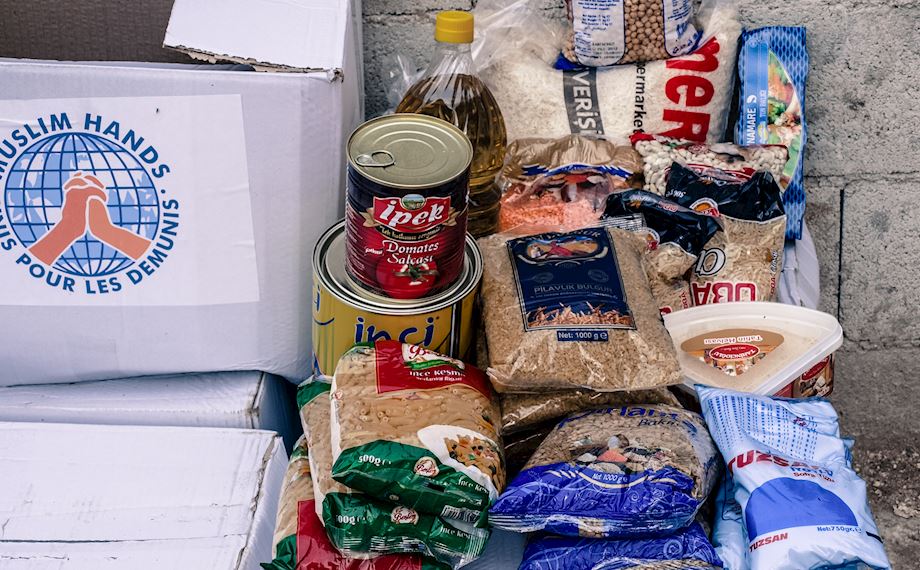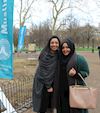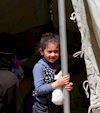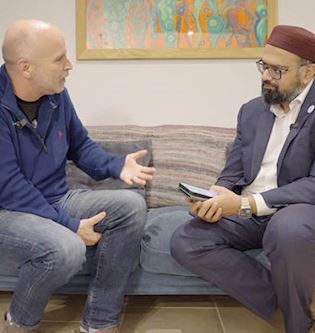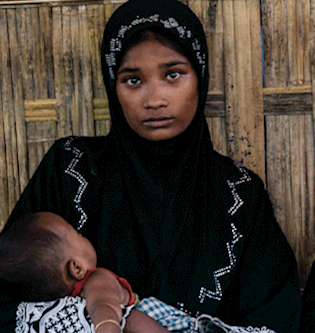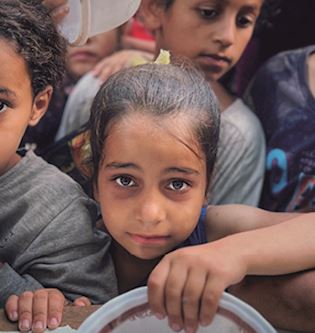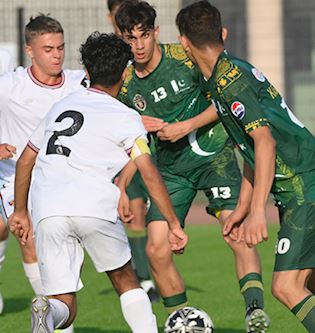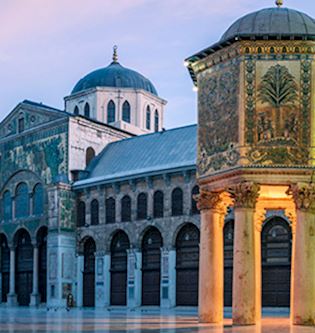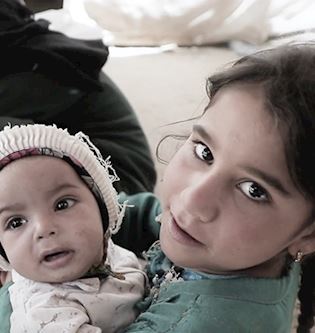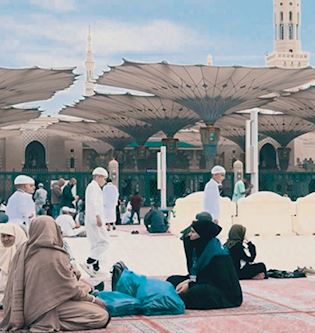How your Donations Helped Save Syrian Lives

The humanitarian crisis in Syria has had devastating consequences for the whole region. The immense pressures as a result of the political strife occurring both inside the country and in neighbouring countries, have uprooted whole communities.
Over 10 million people have been driven out of their homes – 3 million of whom now live in camps in Lebanon, Turkey, Iraq and Jordan. The number of Syrians relying on humanitarian aid is an estimated 12 million.
The world has not witnessed such a desperate, mass migration since WW2 and the complexities of getting aid to areas controlled by IS makes this one of the most challenging and critical humanitarian emergencies of our time.
Alhamdulillah, despite the challenges, Muslim Hands has been working with Syrian communities since 2012.
Delivering immediate aid is a priority and we focus on providing food, clean drinking water, clothing and other household items. However, we also recognise the importance of rebuilding communities in the long term. As such, Muslim Hands also runs schools, provides emotional and psychological support and medical aid.
Lebanon
Water for Refugee Camps
Lebanon is no stranger to the plight of refugee communities and currently hosts one million Syrians. The majority live in camps that are overcrowded or take refuge in disused buildings.
The outbreak of water-borne diseases are commonplace and the demand for clean drinking water is high.
In 2014, we began transporting water-tankers to camps in the south, on a weekly basis. Coupled with mobile ambulances and other sanitation projects, the number of illnesses have been reduced.
Turkey Border Area
Turkey has received almost 1.7 million Syrian refugees since the war began. The towns along the Syrian border have become a hub for many aid organisations working with refugees from Northern Syria. MH has been working within these towns to purchase, store and dispatch food aid into Syria since 2012.
More recently, MH has been supporting two schools for refugee children which also serve as food aid distribution points for refugees and their host families.
Inside Syria
55 Districts Reached with Vital Food and Household Supplies
The difficulty of reaching the most dangerous zones in Syria is much-reported, especially where there is an ambiguity regarding the power structures and forces at play. Despite the challenges of getting aid supplies into the country, MH has been able to safely reach and distribute aid using networks of local knowledge. Food supplies are either transported from Turkey or purchased and distributed locally. Since 2012, our teams have distributed food and other household items to 55 districts across eight regions including Aleppo, Homs, Idlib and Rif Dimashq.
A Life Line of Drinking Water
Amid the severe damage to infrastructure in Syria, pumping stations and other water distribution mechanisms have been destroyed, leaving a large number of Syrians with little or no access to safe, clean drinking water. MH has piloted the use of low maintenance, domestic water filtration units and installed them in 200 homes. The results have been promising and we are hoping to expand this project
in 2015.
Schools for the Lost Generation
Syria’s new generation has already borne witness to huge, crippling challenges. Three million Syrian children are now out of school, and with no end in sight for the war, their struggle for survival is impeaching the growth and future of their communities.
Yet, there is always a way. Located in a basement for security purposes, last year MH set up a school in Haas, Idlib, for 530 boys and girls up to the age of 16. In 2014, another school was launched in Al Fatteera, Idlib, which caters for 320 children.
Iraq Supporting Refugees and their Host Families
10 years ago almost a million Iraqis took refuge in Syria. Now the roles have reversed and there are almost 250,000 syrian refugees in Northern Iraq, the majority of them live in camps the Kurdish province of Duhok.
MH Iraq has been supporting refugees and their host families with food and essential household items. This winter your donations helped us reach 800 refugee families Mama and Kawa regions
near Erbil.





